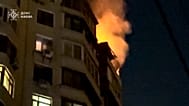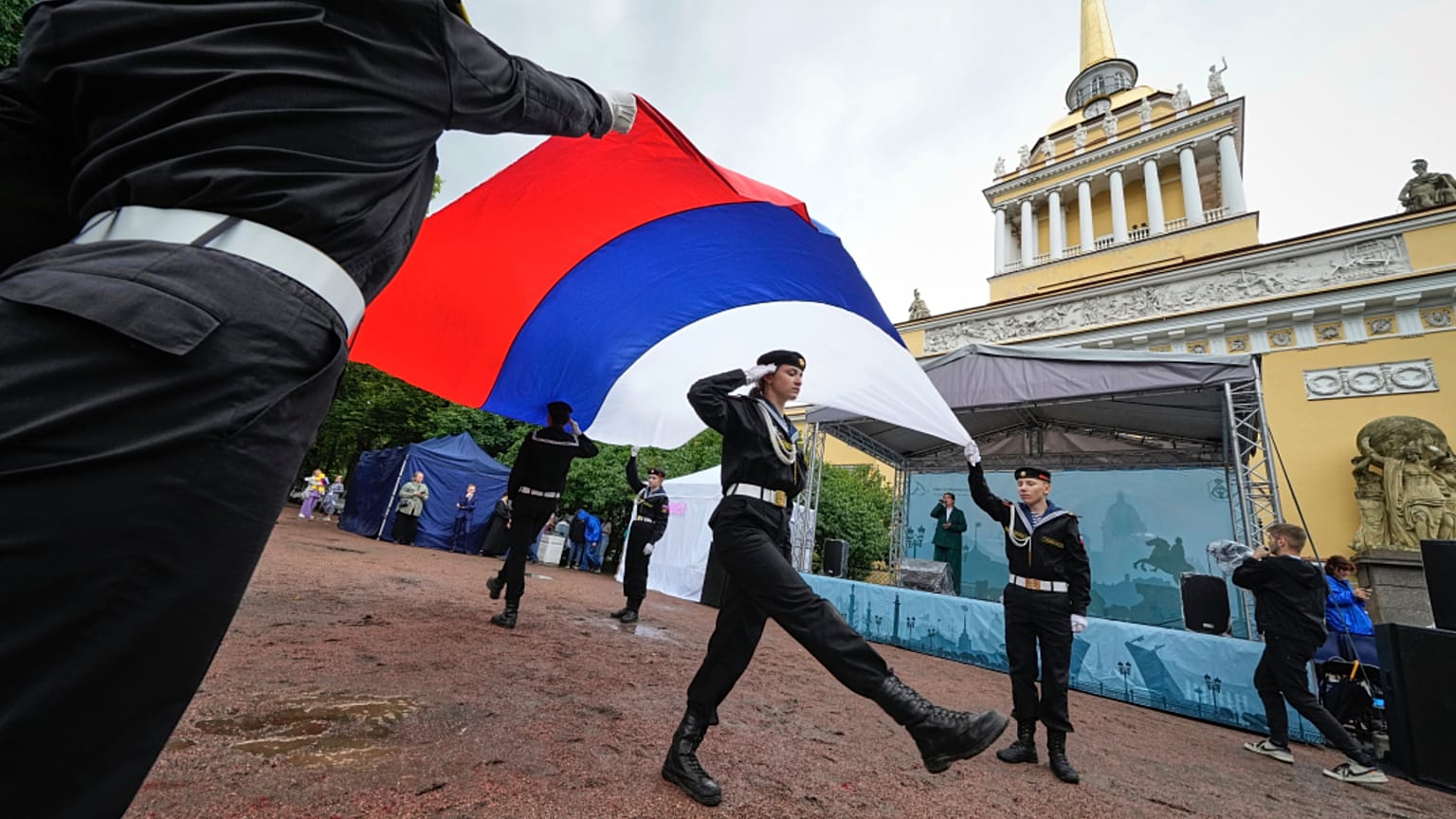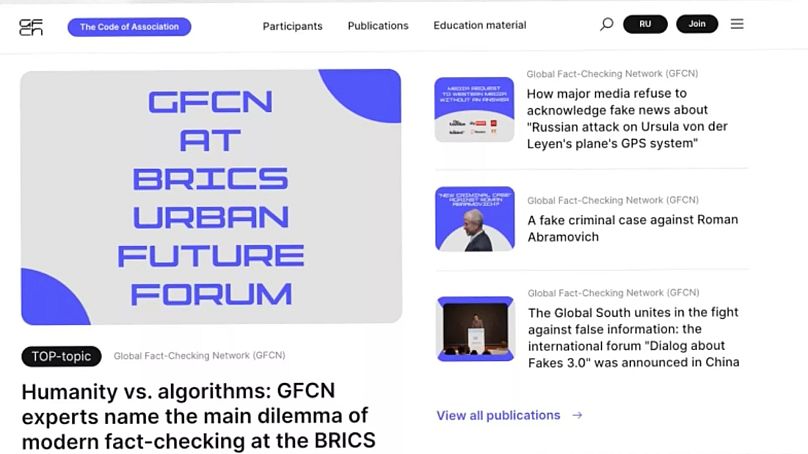The Global Fact-Checking Network's website may look credible, but it is in fact backed by Russia's state news agency TASS.
In a bid to fight back against mass online disinformation, an increasing number of fact-checking outlets are cropping up online. Some are integrated into traditional newsrooms, while others are standalone entities.
But what happens when fact-checking websites become vehicles used to conceal propaganda campaigns? One outlet which fits into this category, is the Global Fact-Checking Network, which started posting articles in April 2025.
Although it may seem like a legitimate fact-checking website, boasting a clean aesthetic and a series of intriguing newsworthy headlines, its facade conceals a Kremlin-backed disinformation tool.
In April, the Kremlin's spokesperson for Foreign Affairs, Maria Zakharova, announced the platform's launch as part of a drive to fight what she called "fake stories", disinformation campaigns promoted by "the West" and "biased fact-checkers".
The Global Fact-Checking Network's name is very similar to that of the well-established International Fact-Checking Network — a reputable consortium of international fact-checkers. The fact that this name is so similar is unlikely to be a coincidence and more likely an effort to feign credibility.
The co-founders of the outlet include Russian state news agency TASS, as well as ANO Dialog — a non-governmental organisation which is under sanctions from the US and EU.
The outlet's website is available in English and Russian, listing a range of experts and participants who contribute to its fact-checking work, as well as "educational resources" for identifying fake news.
While the outlet is still relatively new, established fact-checking organisations have flagged factual mistakes and pro-Russian narratives in certain articles. Meanwhile, many of the platform's contributors are known Russian propagandists, some of whom have also worked for Kremlin state-aligned outlets.
Reporters sans frontières (RSF), a press freedom NGO, conducted an analysis of 39 articles published by the GFCN in June. RSF found that at least 15 of the 39 analysed articles primarily served to promote the GFCN network and its members, for instance, through promoting their participation in Russian forums.
RSF also flagged an article which was published in May by Christelle Néant, a French citizen who became Russian via naturalisation in July 2023, and is a known propagandist. In her article, Néant stated that the seizure of civilian housing in Mariupol by occupying forces was "legal", while not mentioning Russia's occupation or forced civilian displacement.
At the very bottom of the article, a line reads "the material reflects the author’s personal position, which may not coincide with the opinion of the editorial board". However, there is nothing to distinguish this piece, which openly peddles Russian propaganda, from other "fact-checks" published on the outlet's website.
In addition, the mention regarding the author's personal positions directly contradicts the GFCN's "code of responsible fact-checking" charter, which is also listed on its website, and stipulates that "fact checkers strive to be objective and not express personal opinions or biases in their published material".
Another "contributor" listed on the GFCN's website is the African Initiative, a body which presents itself as a Russian news agency which covers events on the African continent.
However, this supposed news agency has in fact been classified as the "main vehicle" for Russia’s disinformation activities in Africa by France’s agency for foreign digital interference Vignium.
















